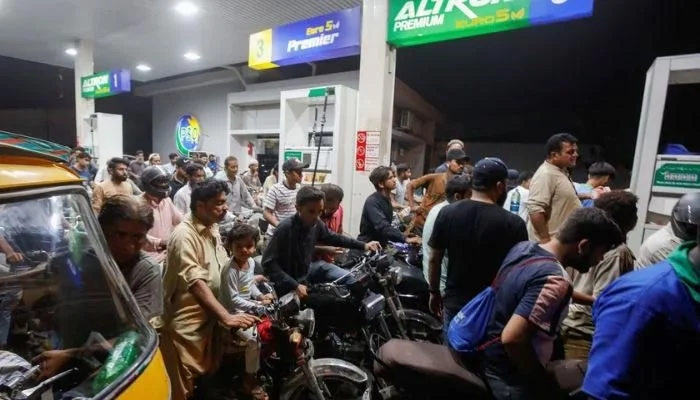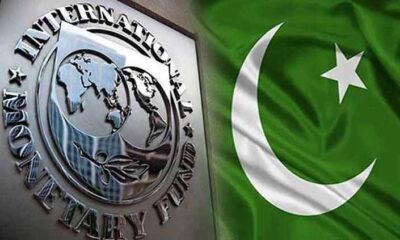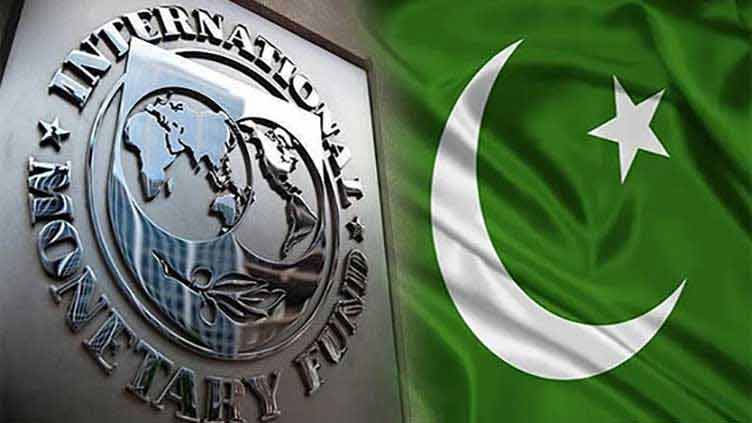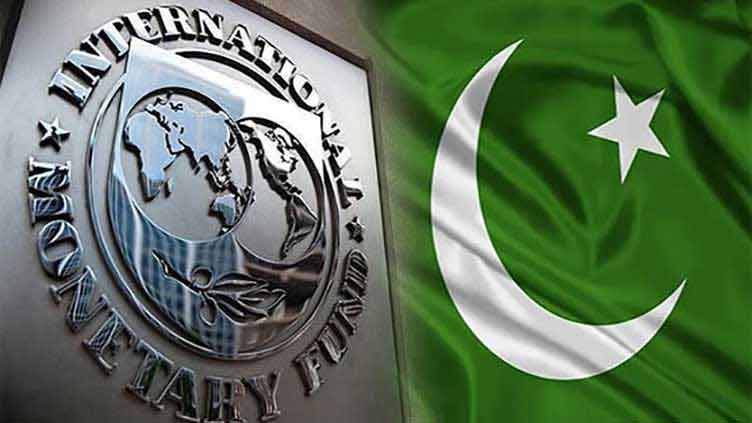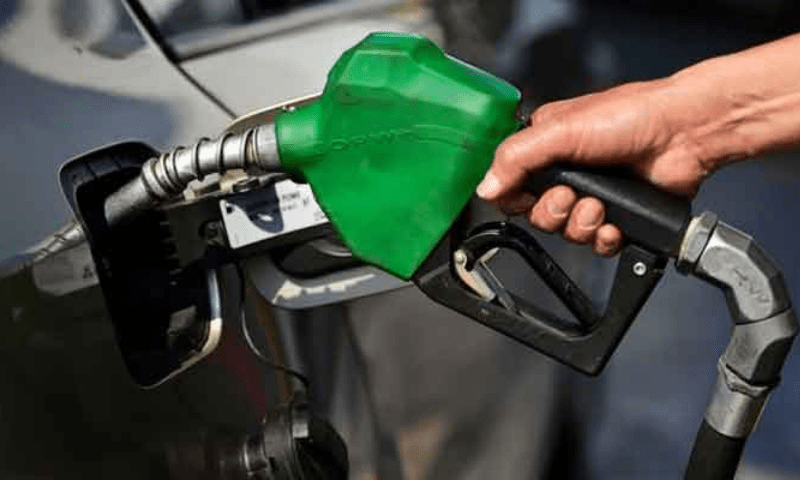- Delay in payments of raw materials hamper petrol production.
- Situation to become critical if remedial measures not taken immediately.
- Punjab already experiencing unavailability of petrol.
KARACHI: The refineries warned of a looming petrol crisis by mid-February if the government fails to resolve the payments issues of imported raw materials and additives needed by the sector, The News reported Friday.
The delay in payments of raw materials and additives as well as the dollar shortage hampered the production of petrol massively, the refineries explained.
“The situation will become extremely critical mid-February 2023, if remedial measures are not taken immediately,” local refineries warned State Minister for Petroleum Dr Musadik Malik and Governor State Bank of Pakistan (SBP) Dr Jameel Ahmed in separate letters. The letters were jointly written by Pakistan Refinery Limited, National Refinery, Attock Refinery and Cnergyico Refinery.
Difficulties in establishing letters of credit (LCs) for the payment of raw materials and other inputs needed by the refineries have been cited as the major cause of the looming crisis. Punjab has already started experiencing the unavailability of petrol, after alleged hoarding in anticipation of the price hike expected in the next fortnightly review.
The copy of the letter available with The News says that the SBP issued a priority list of essential imports for foreign remittances of critical industries and petroleum products were included in that priority list.
However, imports of essential raw materials and additives mainly N-Methylaniline (NMA — a non-metallic RON booster) against which LCs have already been established were being held by the banks for release of documents and payments. Moreover, the banks are reluctant to establish LCs for NMA imports against which payment for month of February/March 2023 are falling, it stated.
Refineries cautioned that the delay or suspension of foreign payments for imports of such essential raw material/additives including establishing credit letters for the same would seriously hamper the operations of refineries, especially the local production of mogas (petrol).
Refineries noted that maximum production of indigenous petroleum products especially mogas at this critical time was the need of the hour, as oil marketing companies (OMCs) were already finding it difficult to import the fuel due to the foreign exchange liquidity crunch.
They added that the refining sector has been contributing enormously towards the economic development of Pakistan in the shape of revenues/government levies/taxes and more importantly processing of crude oil and substantial savings in precious foreign exchange through import substitution.
The letter said that the sector with such major contributions to foreign exchange savings should not be denied permission to remit a payment/establish credit letters to further its business operations.
Refineries asked the central bank to advise banks to release/establish credit letters for refineries, and remittances against already issued letters without further delay to avoid any unpleasant situation.
PPDA urges probe into shortage
Keeping in view the shortages that have been surfacing in different parts of the country, Pakistan Petroleum Dealers Association (PPDA) has asked the Ministry of Petroleum and Natural Resources to immediately formulate a committee to find out the reasons behind this shortage.
The committee should consist of different stakeholders comprising the Oil and Gas Regulatory Authority (OGRA), media teams and district administrations. These combined teams should raid different oil depots, and pumps to find out the reasons behind the current shortage, especially in Punjab.
The association leaders on Thursday held a discussion programme with the Lahore Economic Journalists Association. The office bearers of PPDA said that drafts of around Rs1 billion have been stuck with oil companies, and these 12,000 dealers were not getting supplies from the OMCs.
They said that normally a petrol pump can reserve 30,000 to 50,000 litres of petroleum products and as per OGRA’s instructions, pump owners must keep these reserves for three days. On the other hand, oil depots have much more capacity to reserve oil stocks. The committee should inspect such depots and act according to the law if their involvement in stocking petroleum products is proven, they urged.
The association said that in Lahore, the daily demand for oil products was 4 million litres, whereas currently only a supply of 1.3 million litres was being providedThe pumps have been facing this low supply issue for one month.
“The companies shelve the supply to nearly half twice a month as cartelization has increased in the past six years,” they alleged. The PPDA also termed the recent statement of State Minister for Petroleum Musadaq Malik as “non-serious”, saying such an irresponsible statement could lead to further chaos.
PPDA said that the OMCs were deliberately creating a shortage, and were holding on to hundreds of thousands of liters of oil stocks, which would be released once the government increases prices.

 Latest News2 days ago
Latest News2 days ago
 Latest News3 days ago
Latest News3 days ago
 Latest News3 days ago
Latest News3 days ago
 Latest News3 days ago
Latest News3 days ago
 Latest News3 days ago
Latest News3 days ago
 Latest News3 days ago
Latest News3 days ago
 Business3 days ago
Business3 days ago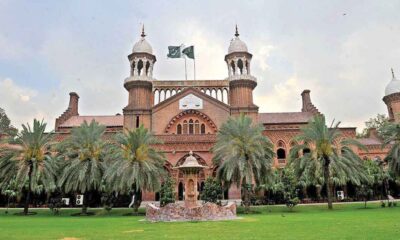
 Latest News3 days ago
Latest News3 days ago
